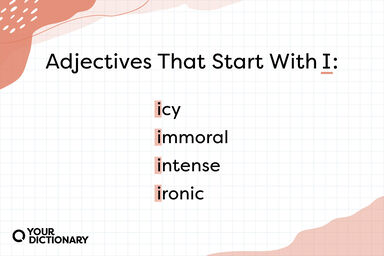Shame Definition
A cry of admonition for the subject of a speech, often used reduplicated, especially in political debates.
- To cause to feel shame.
- To outdo thoroughly; surpass:
Your kindness has put the rest of us to shame.
- An understanding and respect for propriety and morality.
- you ought to be ashamed! here is cause for shame!
- to cause to feel shame
- to do much better than; surpass; outdo
- shame should be felt by; this is shameful of
Idioms, Phrasal Verbs Related to Shame
- put to shame
- sense of shame
- for shame!
- put to shame
- shame on
Origin of Shame
-
From Middle English, from Old English scamu, scomu, sceamu, sceomu (“shame"), from Proto-Germanic *skamō, and thus cognate with Old High German skama (whence German Scham), Old Dutch skama (Dutch schaamte), Old Frisian skame (West Frisian skamte), and Old Norse skÇ«mm (whence Icelandic skömm, Danish skam). From Proto-Indo-European *ḱem- (“cover, shroud"), which may also be the source of heaven; see that entry for details.
From Wiktionary
Compare also Persian شرم (Å¡arm) and Tosk Albanian shaj (“to insult, offend, slander") / Gheg Albanian shamë (“an insult, offence").
From Wiktionary
Middle English from Old English sceamu
From American Heritage Dictionary of the English Language, 5th Edition
From Old English scamian.
From Wiktionary
Related Articles
Find Similar Words
Find similar words to shame using the buttons below.





